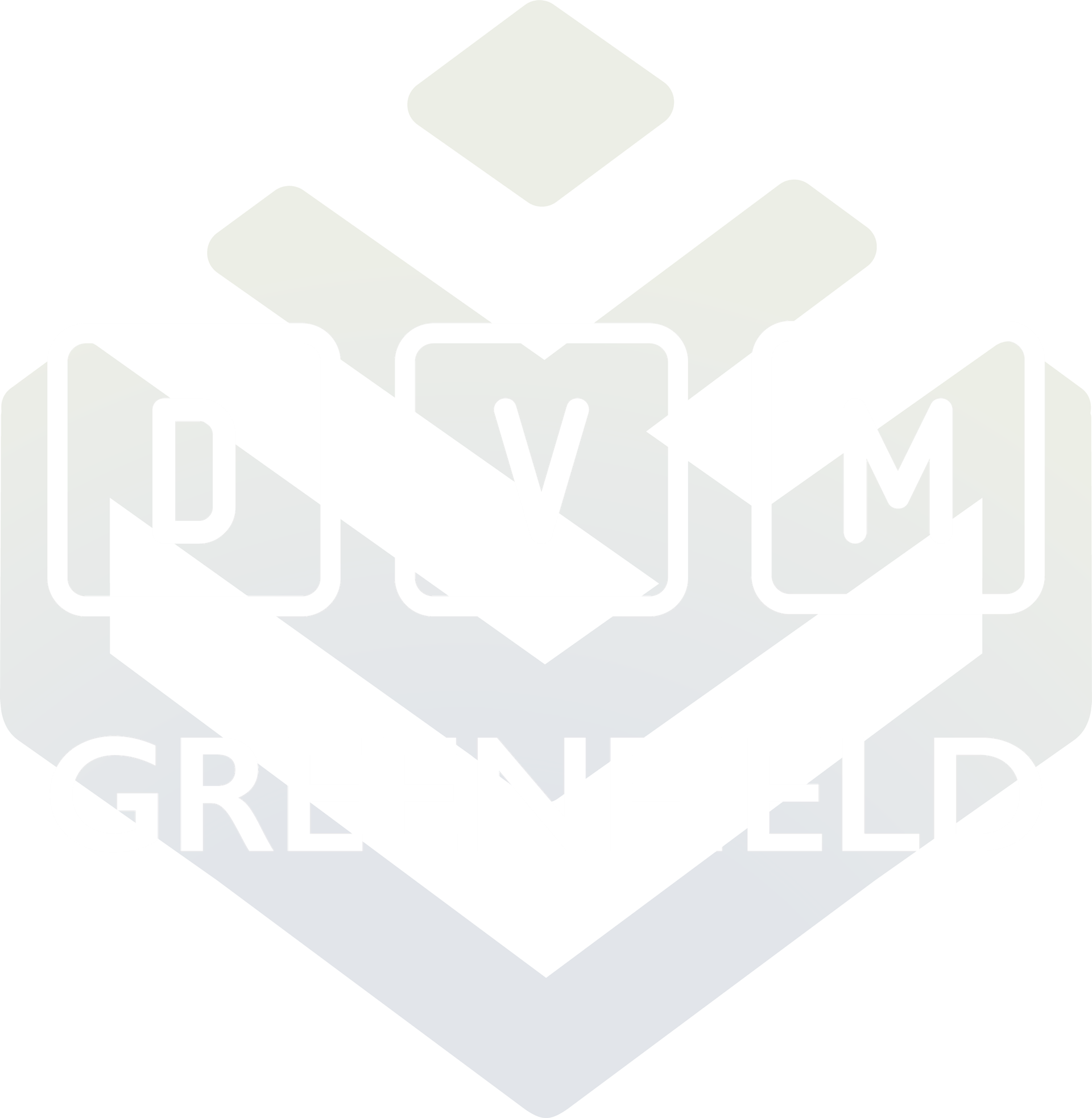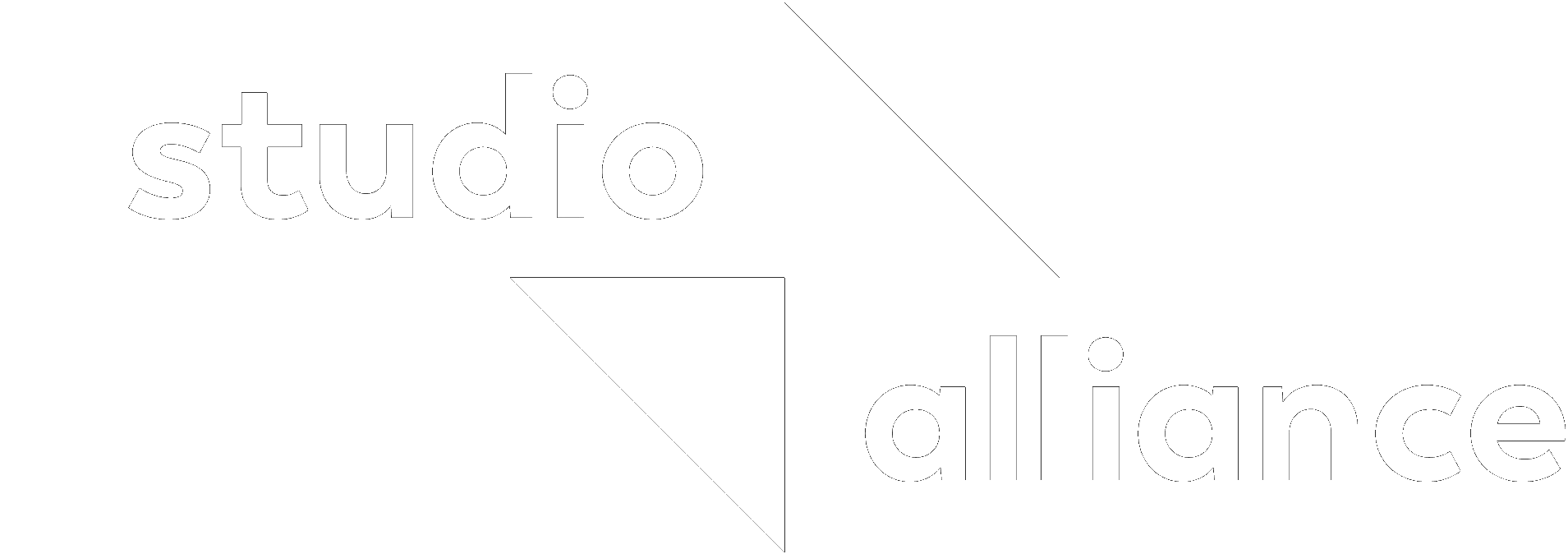Integrated building services company DVM group is inextricably linked with its late founder, Attila Kovács, whose sudden death this February stunned the market. But he and his co-owners built the business to survive him, and managing partner Tibor Massányi says this year will see its highest turnover to date.
“That was already known at the time Attila passed away. Since then, the figures have got even better, with new contracts signed,” Massányi tells the Budapest Business Journal in an exclusive interview.
“Last year, we had a turnover of HUF 28 billion; this is a big business. Given our size and the nature of what we do, we can always see our turnover for the next two or three years ahead.”
According to its website, the DVM group has designed and built 750,000 sqm in more than 700 projects since its foundation in 1995.
For the first couple of years, the then embryonic company focussed exclusively on design work, especially office interiors. The company was not unique in the Budapest market, but Massányi says the work ethic Kovács instilled, which was much closer to what Western multinationals were used to and expected, was.
“We were, and still are, very much focussed on the clients’ needs. We believe that, if you are to serve them at a premium level, you have to understand the organization, even the internal tensions between individual departments.”
1995 was pretty much the birth of the modern office market in Hungary. DVM’s attention to detail saw it win more clients and become increasingly well known among multinational circles, who began to ask if the group could also handle project management. Fit-out requests soon followed that.
Massányi says DVM is building its knowledge base and reputation in sectors such as retail and, especially, industrial, which he describes as an “exciting area.”
“The company is diverse, has a lot of energy, but 90-95% of our turnover comes from office,” he says. Does he think that might change?
Industrial Booming
The managing partner says industrial is booming, with the pandemic accelerating a trend that goes back at least five years. He also points to the hotel sector, where DVM is renovating and redeveloping the Drechsler Palace, the one-time home of the Hungarian State Ballet Institute, which will become the five-star W Hotel Budapest.
“The Drechsler Palace is one of the biggest GC [general contractor] contracts for us ever,” he explains. But with the question marks around offices being about how they are used, rather than the need for them per se, it is not a sector about to wither on the vine. “Our core business will always be 75-80% office-based,” he insists.
Massányi and his fellow managing partners Balázs Czár, who joined the firm in 2000, and Péter Haberl, who followed in 2004, had known about Kovács’ health issues for a couple of years. Even so, Massányi describes hearing of the death from the family as “a punch to the stomach. He was my mentor and also a very good friend for 15 years.”
Much of Kovács’ day-to-day focus had moved to his other business, Horizon Development, Massányi says, although he was still involved in the bigger picture stuff and helped create the strategic plan that will see DVM through the next couple of years.
“Of course, strategy always needs to be amended to the circumstances of the time, but the basis is there.” Kovács’ share in DVM has passed to his daughter, meaning the firm remains in 100% private Hungarian ownership. Has there ever been an intention to involve a foreign investor or take the company public?
“It’s a very interesting question. In the last five to eight years, there have been talks with big international players. I remember at least three times when we had serious discussions in London or Berlin.”
In the end, the four owners, none of whom had ever worked for a multinational, decided they would rather control their own destiny. Like any prudent businessman, Massányi would “never say never,” but he doesn’t think that is likely to change.
“Attila once set a price at which he thought we would have to consider an offer, but I do not think that is realistically achievable in today’s market. We have plenty of work for the next two to three years; financially, we are more than OK. There is neither the need nor the desire to sell or take on outside partners.”
Organic Growth
Indeed, the group is growing organically. The decision was taken to create a dedicated architectural visualization division this April, adding a sixth business line to DVM’s mix. Massányi says the quality of renders and movies the archviz team was already doing as part of the design line of business made this the next logical step, albeit an expensive one.
“We will be investing HUF 900 mln in offices, hardware, and software this year,” he says. Likely markets will include Western Europe (where DVM will offer a cost-saving on London prices), Asia, and the Gulf region.
DVM is a member of the international fit-out organization alliance Studio Alliance and already has some potential archviz projects bubbling away through that.
The vast majority of last year’s HUF 28 bln turnover came from construction and fit-out. Elsewhere, the design department was responsible for about HUF 2 bln. “In terms of the big architectural firms in Hungary, we would be in the top five,” Massányi estimates.
Project management brought in another HUF 1 bln. Expectations for archviz are “realistic” but low for the first years. “All departments and directors have a very strong rule [to follow] that 50% of turnover must be from third parties, and 50% internal. This gives them a connection to the market they must serve, rather than being dependant on us.”
Sustainability consultancy also makes a relatively modest contribution to the overall business, but this is a service line that is growing in significance. Hungarian and EU legislative requirements partly drive that, but it is also increasingly important for tenants.
Another new service, though for now part of the design division, rather than a standalone business area, is Discovery, DVM’s workplace consultancy service. In part inspired by the conversations the pandemic has launched over the role of the office, Discovery investigates what kind of layout and provision will best suit each client and how to deliver it sustainably.
“I believe this is going to be a separate service line, and that could happen next year. In mature markets like Britain, most design companies that deliver premium services have something like this.”
This article was first published in the Budapest Business Journal print issue of July 16, 2021.
https://bbj.hu/business/people/interview/building-on-the-soundest-of-foundations



